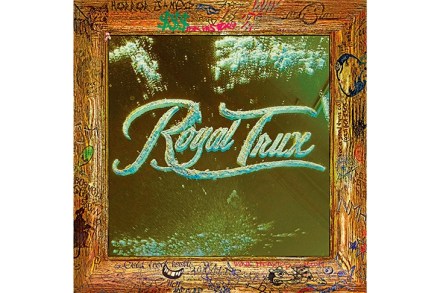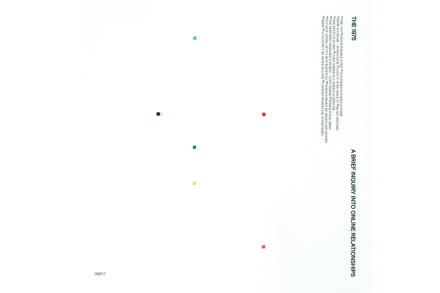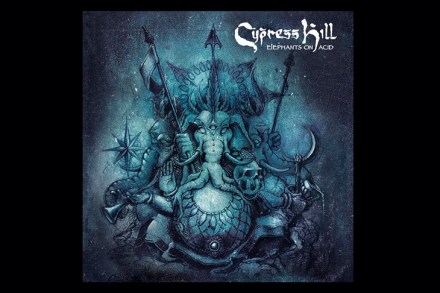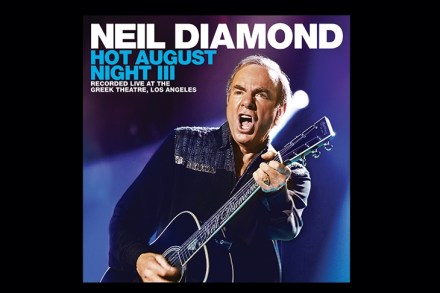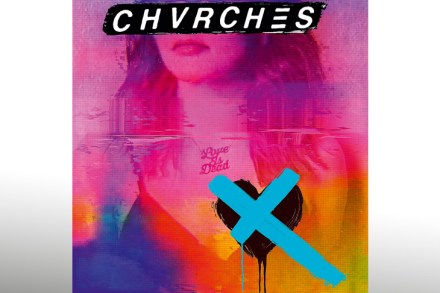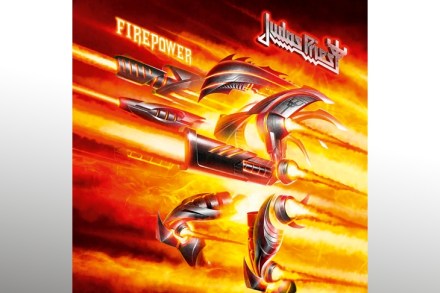Royal Trux: White Stuff
Grade:A Royal Trux are back — kind of. Singer (if that’s what you want to call what she does) Jennifer Herrema is ankle tagged for some misdemeanour, almost certainly involving narcotics, so may not show up at some gigs to promote the new album. And her partner and ex-husband Neil Hagerty has washed his hands of the whole business: ‘The album — I didn’t approve of it. I have no idea what it is. I’ve heard like ten seconds of one song. I’m out, man.’ So as ever, it’s chaos all round, opiate chaos. How these two people are still alive is a wonder. How they crawled from their shack
